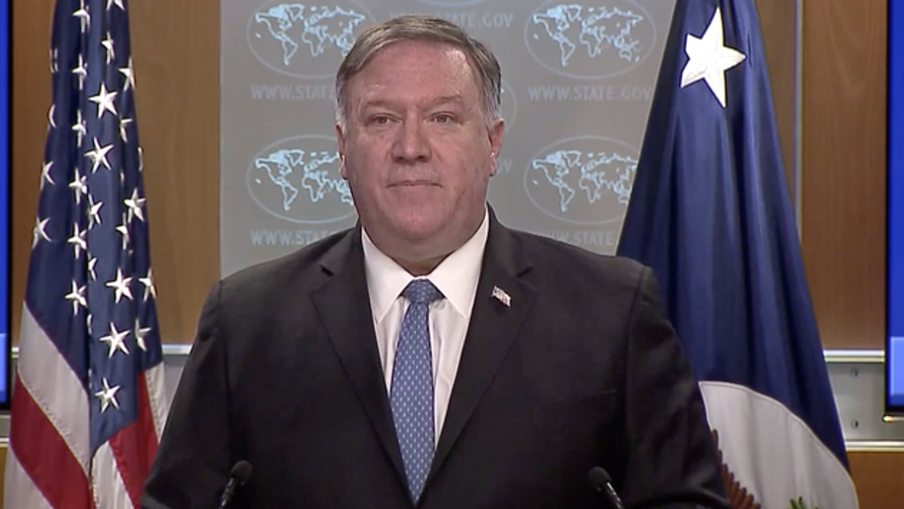Following through on earlier efforts to crack down on Cuba, the U.S. announced on Wednesday its decision to allow U.S. nationals to sue foreign companies and individuals in U.S. court for operating on property Cuba seized after the 1959 Communist revolution.
The decision by the Secretary of State Mike Pompeo overturns more than 20 years of U.S. foreign policy. The right for Americans with claims to confiscated property in Cuba to file the lawsuits, enshrined in Title III of the Cuban Liberty and Democratic Solidarity (Libertad) Act — also known as the Helms-Burton Act — was suspended by every administration since the law was signed in 1996.
“Implementing Title III in full means a chance at justice for Cuban Americans who have long sought relief for Fidel Castro and his lackeys seizing property without compensation,” Pompeo said. “Any person or company doing business in Cuba should heed this announcement.”
The move is part of the Trump administration’s push to increase pressure on the Castro government, reversing a warming of relations started by President Barack Obama, and ratcheting up pressure on Havana for its support of Venezuelan leader Nicolas Maduro. The U.S. has imposed sanctions in recent weeks on vessels and companies transporting Venezuelan crude to the island, targeting the decades-long relationship between those two countries.
Bruno Rodriguez, Cuba’s foreign minister, rejected the U.S. move implementing Title III, saying in a social media post that it was an attack on international law. “Aggressive escalation of #US against #Cuba will fail. As in Girón (Bay of Pigs), we shall overcome,” he said. Josefina Vidal, the Cuban ambassador to Canada, added: “You were defeated 58 years ago. You have been defeated many times afterwards. You will be defeated again this time.”
There are about 6,000 claims that the U.S. Justice Department certified as merited, said Kimberly Breier, an assistant secretary for the Western Hemisphere at the State Department. She added that the claims have an estimated value of about $8 billion, including interest, and there are also as many as 200,000 uncertified claims that could be worth tens of billions of dollars.
The implementation is effective May 2 and there are no exemptions, the State Department said. Pompeo had temporarily allowed some lawsuits to go forward while weighing whether to make the decision permanent.
Some European allies, who have long had business ties with Cuba, warned the U.S. against the move ahead of Pompeo’s announcement. European Union officials last week cautioned in a letter to Pompeo that European companies could lodge counterclaims in European courts against any U.S. company that took action under the law in a U.S. court.
A Spanish government official told the Associated Press on Wednesday that Madrid would ask the EU to challenge the move in the World Trade Organization.
The EU and Canada consider the application of Title III as running contrary to international law, according to a joint statement. “We are determined to work together to protect the interests of our companies,” the statement said. Chrystia Feeland, Canada’s foreign minister, said in a separate statement that Ottawa is disappointed with the announcement and “we will be reviewing all options in response to this U.S. decision.”
European companies operating in Cuba have “nothing to worry about if they are not operating on property that was stolen from Americans post-revolution,” Breier said. “I think the vast number of European companies will not have any concerns operating in Cuba,” she said.
Beyond exposure to entities operating on expropriated land, European and Canadian companies maintain significant financial ties to U.S.-listed Cuban businesses operating internationally.
